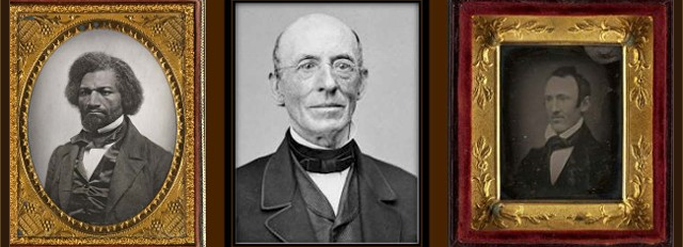April 16, 1862.
Fellow citizens of the Senate, and House of Representatives.
The Act entitled ``An Act for the release of certain persons
held to service, or labor in the District of Columbia'' has this day been
approved, and signed.
I have never doubted the constitutional authority of
congress to abolish slavery in this District; and I have ever desired to see
the national capital freed from the institution in some satisfactory way. Hence
there has never been, in my mind, any question upon the subject, except the one
of expediency, arising in view of all the circumstances. If there be matters
within and about this act, which might have taken a course or shape, more
satisfactory to my jud[g]ment, I do not attempt to specify them. I am gratified
that the two principles of compensation, and colonization, are both recognized,
and practically applied in the act.
In the matter of compensation, it is provided that claims
may be presented within ninety days from the passage of the act ``but not
thereafter''; and there is no saving for minors, femes-covert, insane, or
absent persons. I presume this is an omission by mere over-sight, and I
recommend that it be supplied by an amendatory or supplemental act. ABRAHAM
LINCOLN
Source: Basler, Collected Works, Vol. V, p. 192. [Downloaded 4/27/2015 from http://quod.lib.umich.edu/l/lincoln/.]

